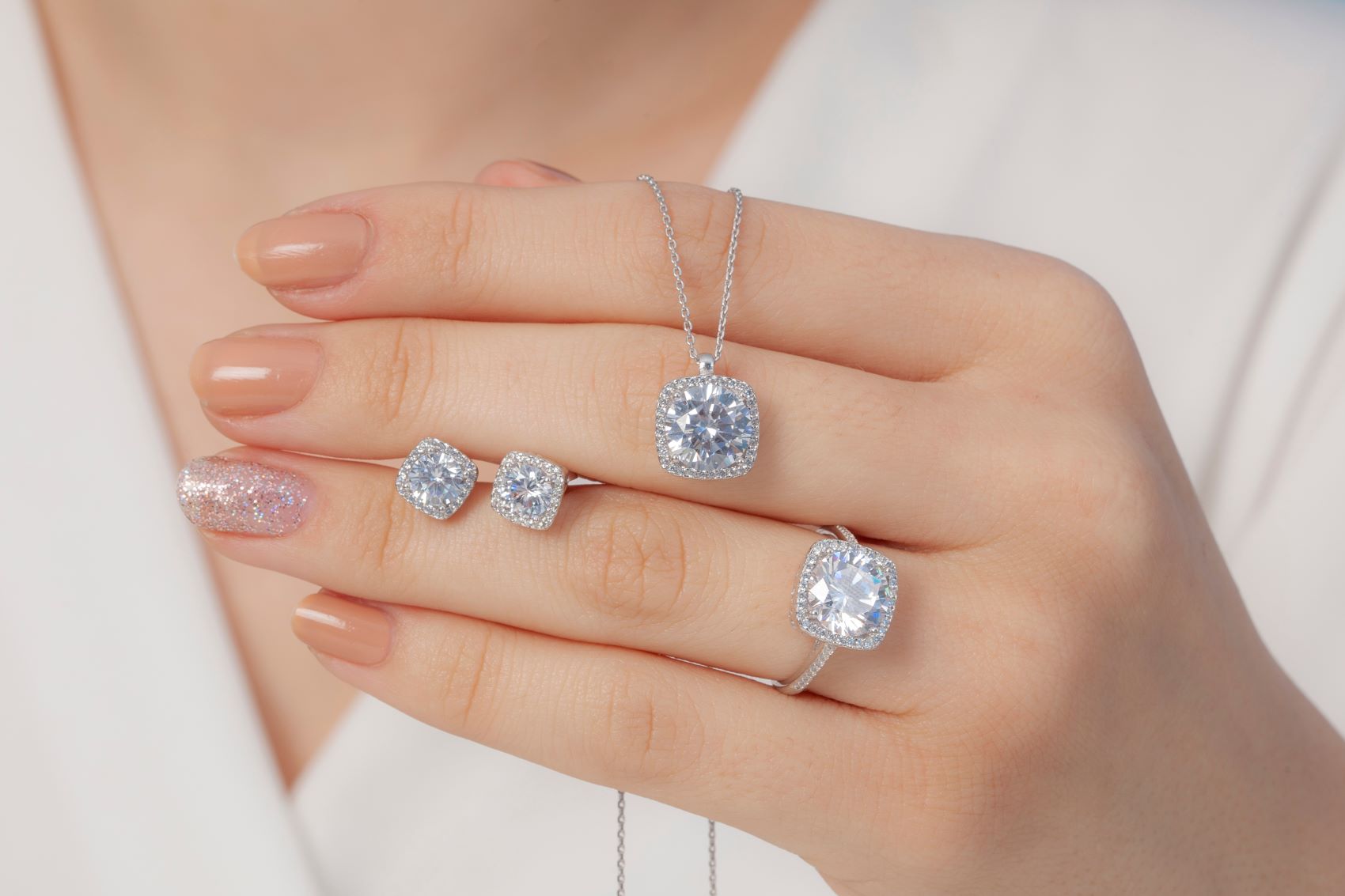
The professional landscape today is still in a state of upheaval, brought on by new technologies, social and demographic changes, and a growing focus on business sustainability. All of these create a major paradigm shift in the required skills and, as a result, recruiting approaches. Literally every industry is affected, and luxury brands, the proverbial symbols of quality and innovation, modify their hiring practices to pace with time.
Global recruiting is only one of the strategies allowing luxury brands to maintain their premium quality standards, but this policy is backed up by a series of complex social and demographic changes. Below is a quick overview of why luxury brands are going global with their talent search and how it helps them maintain their exclusivity standards.
Expansion to new markets & need for local knowledge
The first and most obvious reason for going global with the talent search is a steady expansion into new markets – markets that often require knowledge of local specifics for successful promotion. Cultural sensitivity is often the key to success, especially when dealing with audiences in Asian and Middle Eastern markets, characterized by their set of unique traditions and tabooed topics that often require drastically different approaches to marketing and advertising.
When Louis Vitton was expanding to China, for example, it adopted a modified approach to branding, targeting a younger audience than in the West. Besides, LV customized most of its products to showcase themes, symbols, and colors that would appeal to local audiences, thus creating a totally unique line fully customized for the Chinese clientelle.
Today, it is one of the most popular luxury brands in China, and even though the prices are steeper than in Europe, people are still willing to pay for exclusive products that highlight their cultural identity and values. Clearly, such an achievement would not be possible without hiring local marketing experts.
DEI as a business imperative and innovation driver
Diversity, equity, and inclusion (DEI) are no longer empty buzzwords or legal formalities to avoid an ethnic bias suit. Today, diverse and inclusive environments have become synonymous with innovation and business growth. This statement is especially true for luxury brands that are going global. From the example above, it should already be clear that an expansion to new regions absolutely requires collaboration with people from different backgrounds, but the strategy can also stimulate business growth in already established markets.
Recent studies suggest that the luxury goods consumer base is getting more ethnically diverse, especially in North America, Asia-Pacific, and Western Europe – all major developed markets with vast spending potential. This creates a pressing need for new promotional approaches that appeal to these new audiences, once again calling for collaboration with experts who have profound knowledge of the backgrounds in question.
Besides, as millennials and GenZ constitute a large share of the workforce these days (over a third as of 2024), brands must meet their workplace expectations – and inclusivity is one of the chief aspects these professionals pay attention to. By creating a diverse and inclusive environment, luxury brands ensure all of their employees feel welcome, inspiring them to voice new, often unorthodox, ideas that appeal to different customers in different corners of the globe.
Need for special skills & growing competition for talent
According to a 2024 employer survey from Manpower Group, 75% of brands worldwide experience talent shortages. Based on the insights from over forty thousand employers across 41 countries, practically every industry is affected, with consumer goods and services in the lead (76%), preceded only by healthcare and life sciences (77%). Clearly, such dire shortages, especially noticeable in developed countries, spark the competition for skilled human talent and force recruiters to cast a wider international net.
Fortunately, today’s mass adoption of hybrid and remote work models, as well as advances in recruitment software, alleviate the talent hunt challenge to some degree. Contact databases like SingalHire can help pinpoint any professional around the globe – thanks to advanced search filters that take into account necessary skills, work history, and other customizable parameters.
However, finding the professional with the right skill set is only half of the deal – even though, according to recent data, this already poses a challenge for many employers. Making sure a job candidate is a good cultural fit with the essential soft skills and mindsets to fit into the company structure is an entirely different matter.
With luxury brands and their emphasis on product exclusivity, soft skills and cultural fit often play a larger part than acquired hard knowledge. In this regard, luxury brands have even more difficulty locating candidates with the right expertise and mindsets, and going global with talent search simply improves the statistical odds of pinpointing the right professionals.
Emphasis on sustainability & corporate responsibility
As the world becomes increasingly eco-conscious, luxury brands must emphasize their commitment to environmental initiatives and accept larger social responsibility for their operations. Considering worldwide talent shortages and the number of environmentally conscious consumers worldwide, attracting employees with similar mindsets is key to success.
Of course, meeting the environmental demands of consumers and employees does not necessarily require searching for human talent worldwide – at least, not directly. Appealing to people from different markets and cultures, however, calls for employee diversification.
For example, Hermès expansion to India was largely based on emphasizing local craftsmanship and sustainability, which happened at a time when eco-consciousness in the region was rising. Coupled with localizing its product lines to appeal to local traditions, this helped the brand to steadily increase its revenue in the subcontinent.
Besides, one should not forget the pragmatic matter of logistics when expanding to new markets. Maintaining local talent pipelines rather than regularly flying chief execs across the oceans gives the company a couple of pointers on the annual sustainability report, whereas supporting local economies through job creation boosts trust and improves the company image in a given region.
Specialized education initiatives & access to young talent
Global talent shortages can be alleviated if the brands are prepared to invest in educational initiatives and pluck the young talent early, right upon graduation. That is why many luxury brands collaborate with design schools to identify young creatives while they are still studying the basics of the trade. Gucci Equilibrium Educational Partnership is a great example that highlights the company’s commitment to making a positive change while interacting with young talent.
Louis Vitton allocates even more effort to acquiring young talent through its partnership network with multiple educational institutions worldwide. As a side bonus, luxury brands get to advertise their career prospects and access a global talent pool that does not require extensive retraining during the onboarding stage.
The result: quality branding & great company reputation
All of this combined translates into time-relevant employer branding that enhances the company's reputation and helps it maintain its leading market position. Of course, recruiting practices are by far not the only criteria that add to positive employer branding, but they lay the foundations for other promotional steps that attract talented professionals and ensure steady business growth.
After all, today's professional landscape is an interconnected one, and corporate approaches to hiring and managing personnel eventually become a matter of public scrutiny. Highlighting corporate responsibility, inclusion, and long-term investment in its employees is the kind of policy that spreads the good word and helps the brand maintain its reputation in the constantly evolving business landscape.














